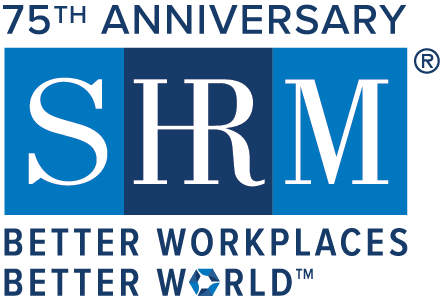Inflation fell in January to 3.1 percent year-over-year, missing some economists' estimates that it would fall below 3 percent for the first time in nearly three years.
The Consumer Price Index (CPI) for all items rose 3.1 percent for the 12 months ending in January, before seasonal adjustment, the U.S. Bureau of Labor Statistics (BLS)
reported today. That's down from the unadjusted 3.4 percent annual gain seen in December—and a significant improvement from the 9.1 percent high notched in June 2022.
Core inflation—which accounts for all items minus food and energy—rose 3.9 percent over the past 12 months, the same for the 12 months ending in December.
Inflation and its impact on their organization's budget—especially on wages and hiring—continues to be employers' primary concern, according to the
2023-24 SHRM State of the Workplace Report released Feb. 8. The survey of 2,028 HR leaders found that inflation was overwhelmingly their organization's top concern of 2023, with 73 percent citing it as such, higher than other top concerns including employee mental health, labor shortages and the economic slowdown.
Meanwhile, real average hourly earnings increased 1.4 percent, seasonally adjusted, from January 2023 to January 2024, the BLS
reported separately today. The change in real average hourly earnings, combined with a decrease of 1.4 percent in the average weekly hours, resulted in a 0.1 percent decrease in real average weekly earnings over this period.



Comments
Post a Comment